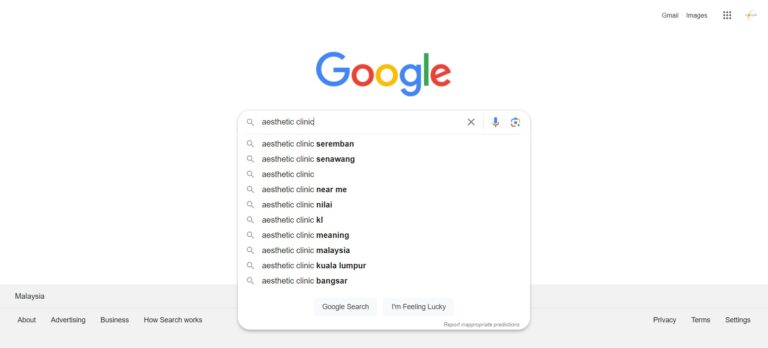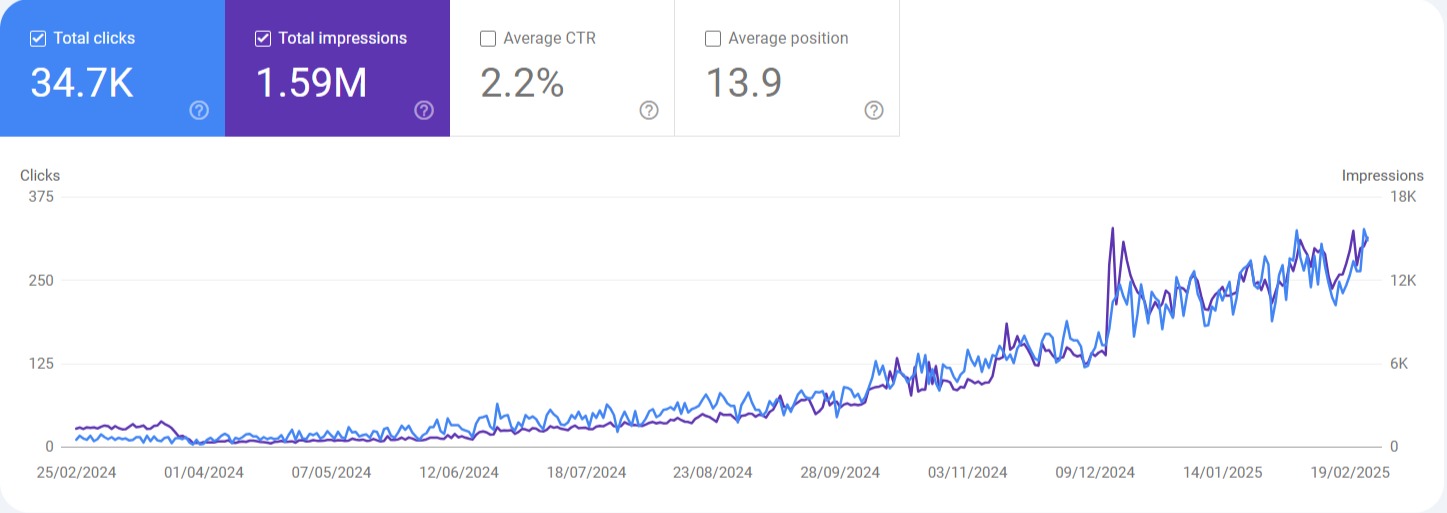Mastering SEO: A Comprehensive Guide to Optimize Your Website

Table of Contents
Search Engine Optimization (SEO) is crucial for driving organic traffic, improving lead quality, and achieving sustained growth. Whether you’re looking for quick wins for SEO to improve website traffic or aiming for long-term strategies, this guide will provide actionable steps to help you achieve your SEO goals. Let’s explore how to improve SEO and optimize your website effectively.
SEO Audit Checklist
Before diving into specific strategies, it’s essential to conduct an SEO audit. This process helps you understand where your website stands and identifies areas for improvement.
- Analyze Website Performance: Use tools like Google Analytics to check metrics like bounce rate, session duration, and page views.
- Evaluate Technical Health: Ensure your site is mobile-friendly, loads quickly, and doesn’t have broken links.
- Assess Content Quality: Identify underperforming pages and optimize them.
- Keyword Gap Analysis: Perform effective keyword research techniques for improved organic SEO traffic. This helps you find opportunities to target high-potential keywords.
A thorough audit provides insights into how to improve site SEO and develop a targeted action plan.
Quality Content Creation
High-quality content is the backbone of any successful SEO strategy. To improve lead quality SEO efforts, you must create content that aligns with user intent and addresses their needs.
Tips for Creating Effective Content:
- Target Relevant Keywords: Incorporate terms like how to improve SEO and quick wins for SEO improve website naturally into your content.
- Focus on User Intent: Understand what your audience is searching for and provide detailed, actionable solutions.
- Update Regularly: Refresh outdated content to keep it relevant and engaging.
- Use Multimedia: Include images, videos, and infographics to enhance user engagement.
Content that resonates with your audience not only boosts rankings but also improves lead quality and conversion rates.
Technical SEO Strategies
Technical SEO ensures that search engines can crawl and index your website efficiently. A technically sound site is foundational to improving SEO.
Key Technical SEO Actions:
- Optimize Website Speed: Use tools like Google PageSpeed Insights to reduce load times.
- Enable HTTPS: Secure your site with an SSL certificate to improve trust and ranking.
- Create an XML Sitemap: Submit this to Google Search Console for better crawling.
- Fix Broken Links: Regularly check for and address broken internal and external links.
- Optimize Robots.txt: Ensure search engines can access the right pages.
Implementing these strategies will improve site SEO performance and help search engines understand your site better.
User Experience Enhancement
Search engines prioritize websites that offer a seamless user experience. Improving user experience is a quick win for SEO to improve website traffic and retention.
Steps to Enhance User Experience:
- Improve Navigation: Ensure your site’s menu is clear and intuitive.
- Mobile Optimization: Optimize for mobile devices to cater to the growing number of smartphone users.
- Engaging Layout: Use a clean design with easy-to-read fonts and plenty of white space.
- Fast Loading Times: Reduce page load times to prevent users from bouncing.
A positive user experience not only boosts SEO rankings but also encourages users to stay longer on your site, improving lead quality.
Effective Link-Building Plans
Backlinks from reputable sources signal to search engines that your website is credible and authoritative. Link building is one of the most effective ways to improve site SEO.
Link-Building Strategies:
- Guest Blogging: Contribute high-quality articles to industry-relevant sites.
- Resource Links: Create valuable resources that others will want to link to.
- Competitor Analysis: Use tools like Ahrefs to find where your competitors are earning backlinks.
- Internal Linking: Link your own pages to boost site structure and improve SEO.
Remember, quality trumps quantity. Focus on acquiring high-authority backlinks to see significant improvements.
Content Optimization Techniques
Even the best content won’t rank without proper optimization. Here’s how to improve SEO for existing and new content:
- Use Proper Headers: Structure your content with H1, H2, and H3 tags for better readability.
- Optimize Meta Tags: Include target keywords like effective keyword research techniques for improved organic SEO traffic in your meta titles and descriptions.
- Alt Text for Images: Describe your images using alt text to improve accessibility and rankings.
- Internal Linking: Guide users to related content on your site to keep them engaged.
By focusing on optimization, you can significantly improve site SEO and enhance the visibility of your content.
Mobile Optimization Tips
With mobile devices accounting for the majority of internet traffic, mobile optimization is non-negotiable. A mobile-friendly site is a quick win for SEO to improve website rankings and user engagement.
Mobile Optimization Steps:
- Responsive Design: Ensure your site adapts to all screen sizes.
- Compress Images: Use tools like TinyPNG to reduce image file sizes without losing quality.
- Simplify Navigation: Avoid complex menus and make buttons easily clickable.
- Test Mobile Usability: Use Google’s Mobile-Friendly Test tool to identify and fix issues.
Optimizing for mobile ensures your site is accessible to a larger audience and improves its overall performance.
Monitoring Performance Metrics
Tracking your SEO performance is crucial to understanding what’s working and where improvements are needed.
Key Metrics to Monitor:
- Organic Traffic: Track growth in visits from search engines.
- Bounce Rate: Identify pages where users leave without interacting.
- Keyword Rankings: Check how well you rank for target terms like improve lead quality SEO.
- Conversion Rates: Measure how effectively your site turns visitors into leads or customers.
Regularly analyzing these metrics will help you make data-driven decisions to improve SEO further.
Enhancing On-Page SEO
On-page SEO is all about optimizing individual pages to rank higher and attract more traffic.
On-Page SEO Best Practices:
- Use Primary Keywords: Include terms like how to improve SEO in strategic locations such as titles, headings, and the first 100 words.
- Optimize URLs: Create short, descriptive URLs that include target keywords.
- Improve Readability: Write in simple, clear language to keep users engaged.
- Add Multimedia: Use images and videos to break up text and make content more engaging.
Strong on-page SEO efforts directly contribute to better rankings and user satisfaction.
Leveraging SEO Tools
SEO tools simplify and enhance your optimization efforts. Here are some tools to get started:
- Google Analytics: Tracks traffic, user behavior, and performance.
- Ahrefs: Helps with backlink analysis and keyword research.
- SEMrush: Offers comprehensive SEO audits and competitor insights.
- Yoast SEO: A WordPress plugin for on-page optimization.
- Google Search Console: Monitors and improves your site’s presence in search results.
These tools are invaluable for achieving and maintaining SEO success.
Take Your SEO to the Next Level
Ready to see significant improvements in your website’s performance? At Hypercharge SEO Agency, we specialize in optimizing websites for better traffic, higher rankings, and improved lead quality.
Whether you’re looking for effective keyword research techniques for improved organic SEO traffic or need actionable strategies to boost your site, we’re here to help. Contact us today for a free SEO audit and consultation. Let’s grow your business together!
Ready to grow your business with SEO?
Contact us now for a free consultation and let us help you achieve your digital marketing goals
- Up to 5 times more calls
- And up to 3 times more walk-ins

